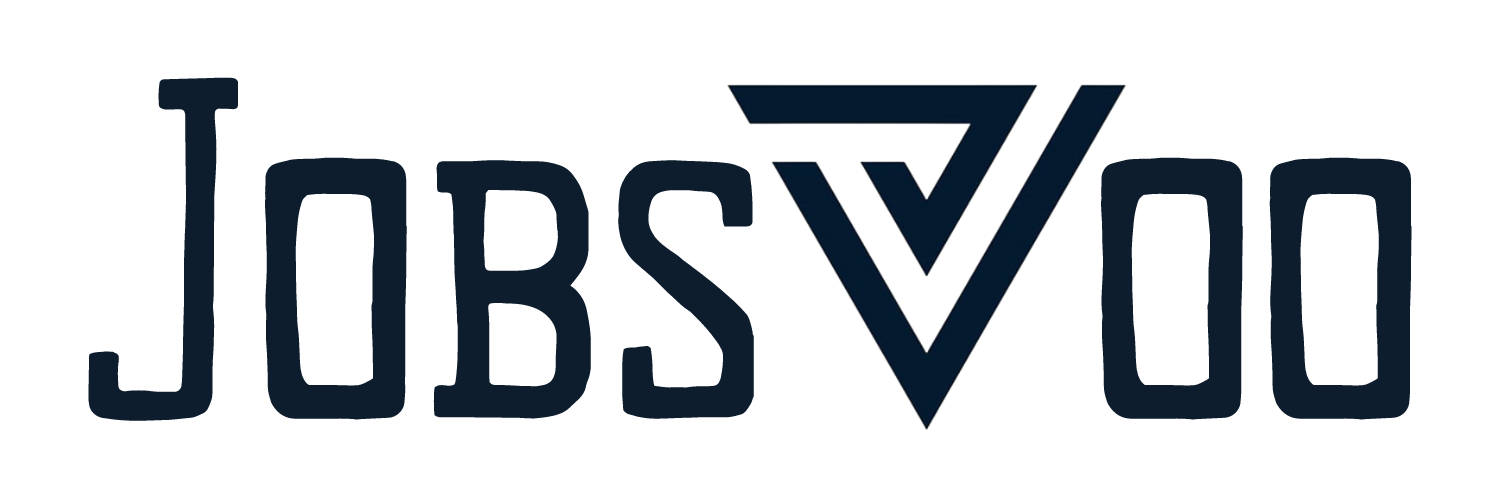In today’s rapidly evolving job market, the idea of changing careers has become increasingly common. Whether driven by a desire for personal growth, a shift in industry trends, or the pursuit of passion, a career change can be both exhilarating and daunting. Successfully navigating a career change requires strategic planning, adaptability, and a willingness to step out of your comfort zone. This guide offers practical advice and insights to help you transition smoothly into your new professional journey.
Understanding the Need for a Career Change
Before embarking on a career change, it’s crucial to understand your motivations. Are you seeking more fulfillment, better work-life balance, or perhaps higher earnings? Identifying the underlying reasons for your dissatisfaction can help you make a more informed decision and choose a path that aligns with your long-term goals.
Self-Assessment: Reflect on your current job and industry. What aspects do you enjoy, and what do you find draining? This exercise can reveal patterns and preferences that may guide your next move.
Exploring New Interests: If you’re unsure of which direction to take, consider exploring new industries or roles that have piqued your interest. Attend industry events, take online courses, or engage in informational interviews to gather insights.
Evaluating Your Skills and Qualifications
A successful career change often hinges on your ability to leverage existing skills while acquiring new ones relevant to your target industry. Start by conducting a thorough inventory of your skills, experiences, and achievements.
Transferable Skills: Identify the skills you’ve honed in your current career that can be valuable in a new industry. Communication, problem-solving, and project management are examples of competencies that are often transferable across various fields.
Skill Gaps: Determine any gaps in your skill set that may hinder your transition. If necessary, invest in additional training or certifications to bridge these gaps.
Education and Certifications: Depending on your desired career path, you may need to pursue further education. Research the qualifications that are highly regarded in your target industry and consider enrolling in relevant programs.
Strategic Networking for Career Change
Networking plays a pivotal role in any career transition. Building relationships within your target industry can provide invaluable insights, mentorship, and even job opportunities.
Leveraging Existing Contacts: Reach out to your current network to inform them of your career change plans. They may be able to connect you with individuals in your desired field or offer advice on how to make a successful transition.
Building a New Network: Attend industry-specific events, join professional associations, and engage in online communities related to your new career. These platforms offer opportunities to meet key players in the field and stay informed about industry trends.
Informational Interviews: Conducting informational interviews with professionals in your target industry can offer a first-hand perspective on the challenges and opportunities you may encounter.
Creating a Compelling Personal Brand
In a competitive job market, a strong personal brand can set you apart from other candidates. Your personal brand should reflect your professional identity, values, and the unique value you bring to your new industry.
Crafting a Professional Narrative: When changing careers, you need to be able to articulate your journey in a way that resonates with potential employers. Focus on how your past experiences have prepared you for success in your new career.
Optimizing Your LinkedIn Profile: Your LinkedIn profile is often the first impression you make on potential employers. Ensure that your profile highlights your transferable skills, relevant experiences, and enthusiasm for your new career path.
Creating a Portfolio: Depending on your new field, a portfolio showcasing your work can be a powerful tool. Include examples of relevant projects, case studies, or any freelance work that demonstrates your capabilities.
Job Search Strategies for a New Career
A targeted job search is crucial when transitioning to a new industry. You’ll need to approach your job search with a clear strategy that aligns with your career goals.
Tailoring Your Resume: Customize your resume to highlight the skills and experiences that are most relevant to the job you’re applying for. Be sure to emphasize your adaptability and willingness to learn.
Writing a Convincing Cover Letter: Your cover letter should tell the story of your career change, focusing on how your previous experiences have equipped you for this new role. Address any potential concerns an employer might have about your lack of direct experience.
Utilizing Job Boards and Recruiters: Identify job boards and recruiters that specialize in your target industry. These resources can help you uncover opportunities that align with your new career goals.
Overcoming Challenges in a Career Change
Changing careers comes with its share of challenges. You may face skepticism from potential employers, financial uncertainties, or the fear of starting over. It’s important to anticipate these obstacles and develop strategies to overcome them.
Addressing Employer Concerns: Employers may be hesitant to hire someone without direct experience in the industry. Be prepared to discuss how your unique background offers a fresh perspective and how you plan to quickly get up to speed.
Financial Planning: A career change might involve a temporary reduction in income. Ensure that you have a financial cushion to support you during the transition. Consider freelance work or part-time roles to supplement your income.
Staying Motivated: A career change can be a long and sometimes frustrating process. Stay focused on your goals, celebrate small victories, and maintain a positive outlook.
Continuous Learning and Development
Success in a new career often depends on your commitment to continuous learning. Stay proactive about your professional development to remain competitive and advance in your new field.
Staying Updated on Industry Trends: Regularly read industry publications, attend webinars, and participate in relevant workshops to stay informed about the latest developments in your field.
Seeking Mentorship: A mentor can provide guidance, support, and valuable feedback as you navigate your new career. Look for mentors within your network or through professional organizations.
Setting Professional Goals: Establish clear, achievable goals for your new career. Whether it’s gaining a promotion, mastering a new skill, or expanding your network, having specific targets will keep you motivated and focused.
Navigating a Career Change Successfully
A successful career change is not just about finding a new job—it’s about building a fulfilling and sustainable career that aligns with your passions and strengths. By following a strategic approach, investing in continuous learning, and remaining adaptable, you can navigate this transition with confidence.
Transitioning to a new career is a journey that requires careful planning, resilience, and a willingness to embrace change. With the right mindset and strategies, you can not only survive but thrive in your new professional path.
FAQs
What is the first step to take when considering a career change?
The first step is self-assessment. Reflect on your current job, identify what you want in a new career, and consider how your skills and passions align with potential new paths.
How can I identify transferable skills for a career change?
Evaluate your current role and identify skills that are valuable across various industries, such as communication, leadership, and problem-solving. These are often transferable to new careers.
Is it necessary to go back to school for a career change?
Not always. Depending on your desired career, additional education might be beneficial, but it’s not always required. Online courses, certifications, and self-study can also help bridge any knowledge gaps.
How long does it take to transition to a new career?
The timeline varies depending on factors such as the industry, your existing skill set, and the time you can dedicate to learning. It could take a few months to a couple of years.
How do I address a career change in my resume?
Tailor your resume to highlight relevant skills and experiences. Focus on how your past roles have prepared you for success in your new career, and include any new education or certifications.
What if I start a new career and don’t like it?
It’s important to give yourself time to adjust. However, if after a reasonable period you find the new career doesn’t fulfill you, it’s okay to reassess and make another change. Flexibility is key in today’s job market.





